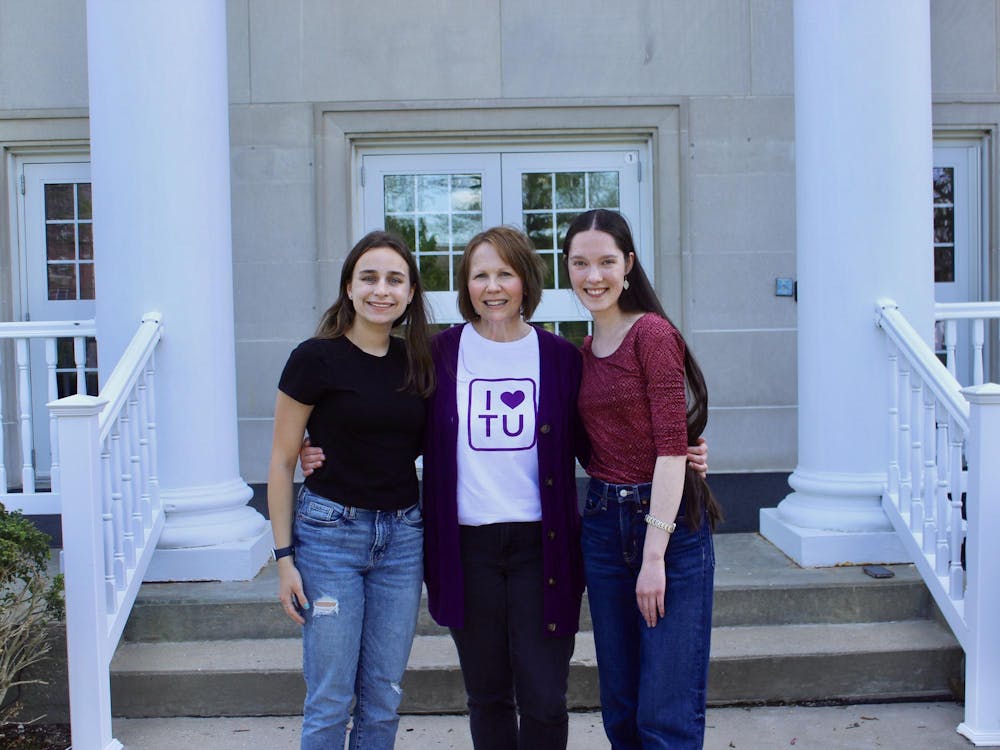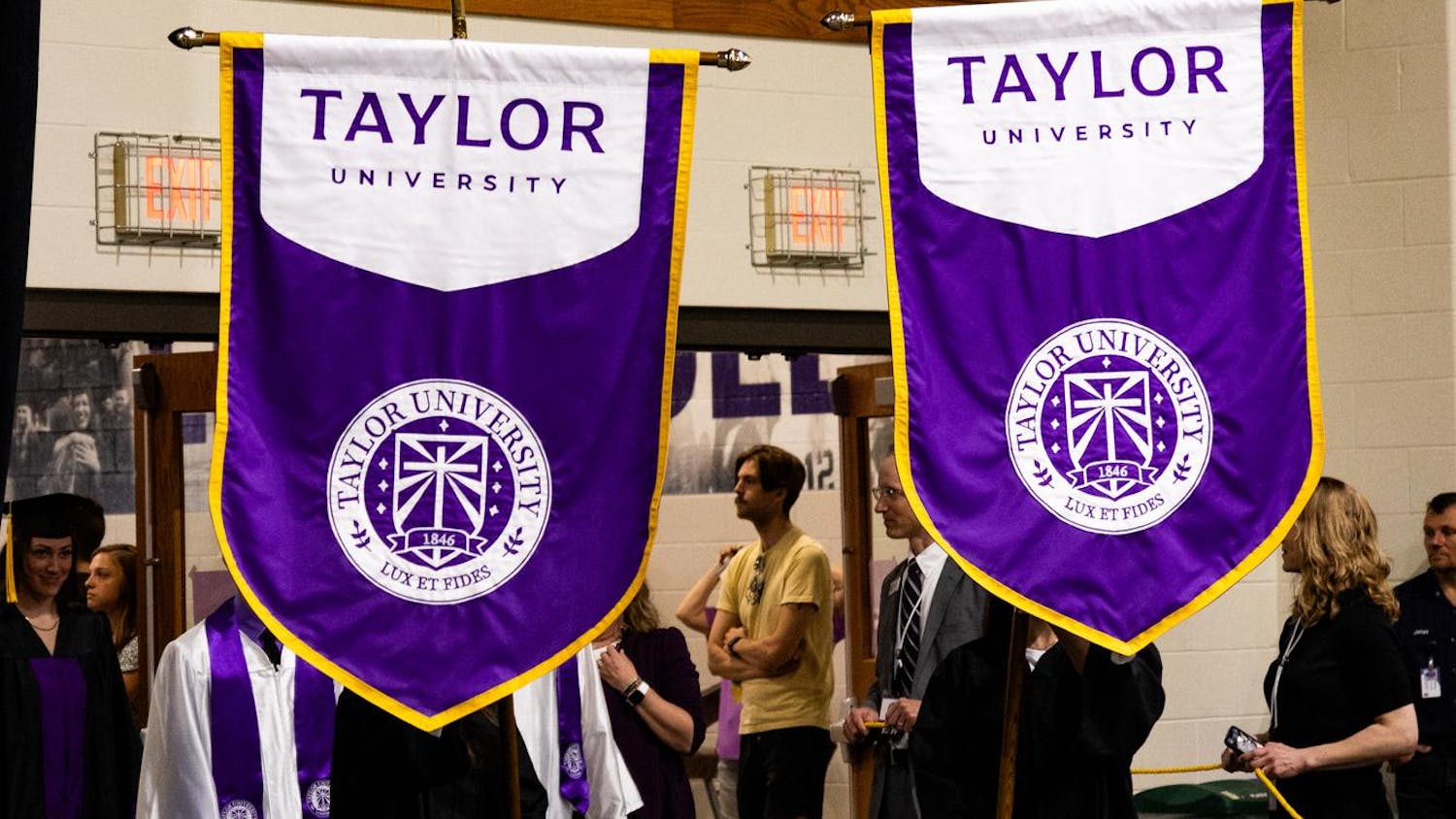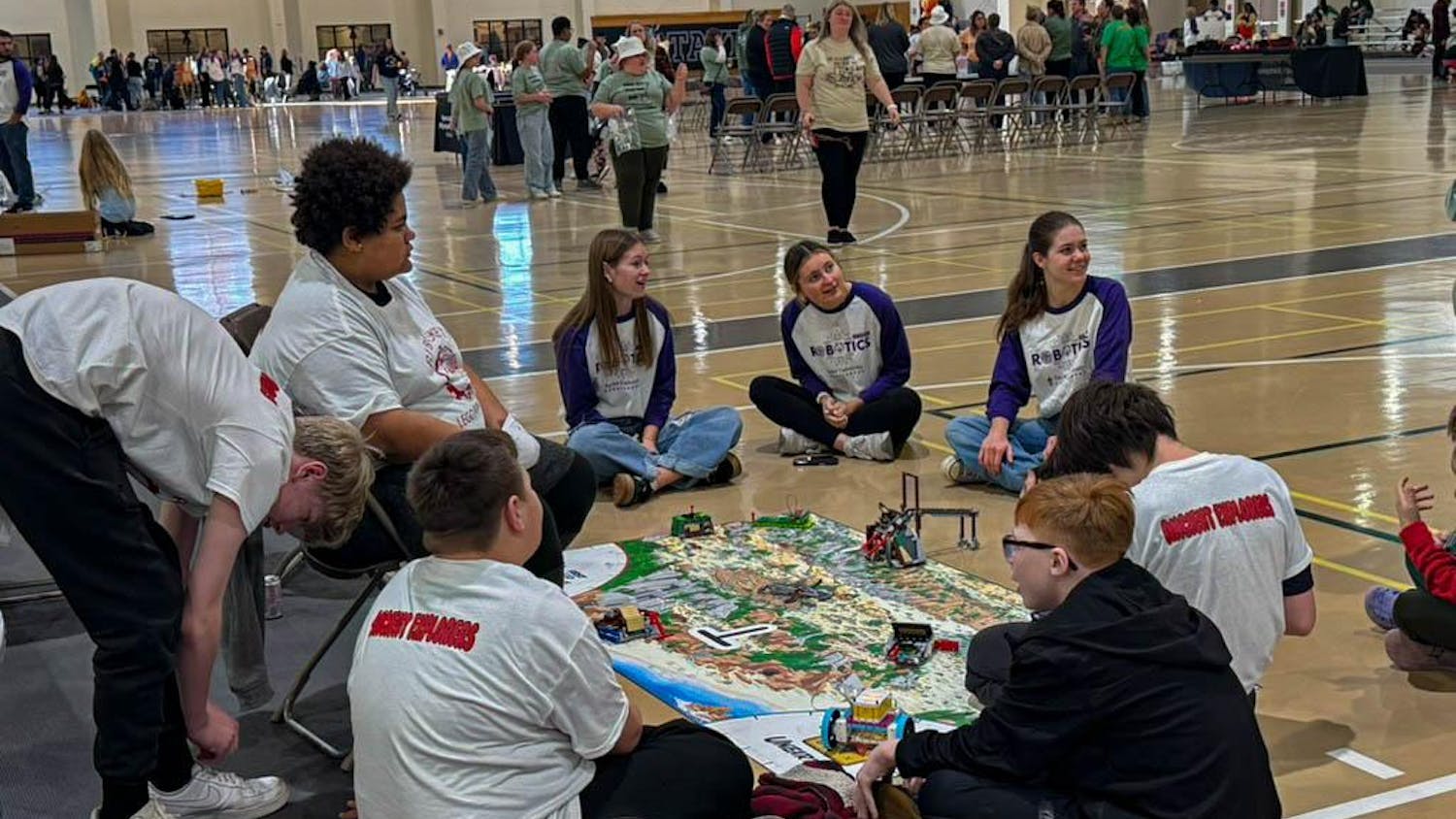Fearfully and wonderfully made — this is how our Father created us.
Yet in the brokenness of our world, through the mental struggles and shattered views we carry of ourselves, this doesn’t always feel the case.
It’s why sophomore Emily Kornelson views her work and her major as a ministry of its own.
As the secretary for student mental health organization PAX and as a psychology student, Kornelson is familiar with the mental health needs on campus. Helping organize advocacy opportunities such as the Walk for Life suicide awareness event or the more recent Voices of Resilience night, Kornelson recognizes the importance of bringing student struggles to light.
“God and Jesus see people and give people inherent value, and … love them no matter what differences or struggles that they have and believe that everyone can have a purpose … I think the idea of supporting and helping people with neurodevelopmental disorders is a really big ministry in that way.”
Kornelson also noted that the support process is just that—a process.
Reconciling and restoring one’s mental relationship, not only with self, but with God, others and even creation itself, takes time. But she also believes in a light at the end of the tunnel.
In psychological terms, the word is “neuroplasticity:” the idea that the brain can bounce back from trauma or negative or unwanted behaviors.
“I think that's such a powerful thing that psychology in that way can bring healing and redemption because, obviously, your brain can make those changes in those pathways,” Kornelson said. “Our brains are literally designed for healing intervention that we wouldn't even know about if it wasn't for psychology.”
For junior Meredith Craddock, these little hints of grace serve as reminders that faith and psychology aren’t mutually exclusive.
Instead, they’re almost complementary, with each revealing more about the other.
“It [psychology] shows us that the way forward, the healthy way, does align with God's design for us that we see in Scripture,” Craddock said. “And I just think that's so beautiful, just this idea that truth is God's truth and that . . . [psychology] does match up.”
As important as this understanding of truth is, the acceptance of understanding design is just as needed. Afterall, not every diagnosis or struggle is without purpose, as God promises to work all things for the good of those who love him.
It’s a truth junior Grace Timm has had to learn over the course of her college career. Though a biology major, Timm is involved in the student club SEND, an acronym standing for Student for Education on Neurodiversity.
As SEND’s vice president, Timm is deeply involved in organizing events and collaborations, such as the PAX–SEND combined scavenger hunt earlier this school year. But being part of the organization has also allowed Timm to reflect on her own relationship with self, and the role psychology plays in ministry and relationships as well.
“SEND exists to help kind of advocate and empathize with people for that, but also to just get to know and to love ourselves for who we are. This is a different world, but we get to see the world in a different way,” Timm said. “Even with the things that I struggle with … I wouldn’t change it.
For Timm, neglecting the benefits of a neurodiverse way of thinking is neglecting part of who God designed you to be. Of course, medication, prayer and therapy are still encouraged in her perspective.
But neglecting the broader creativity those with depression are inclined to have, or the empathy those with anxiety display is to dismiss a unique part of God’s redemption of a fallen world.
Afterall, we were all fearfully and wonderfully made. Why shouldn’t our relationship with self, or the empathy we offer to others, be informed by the truth of a redemptive, creative God?




